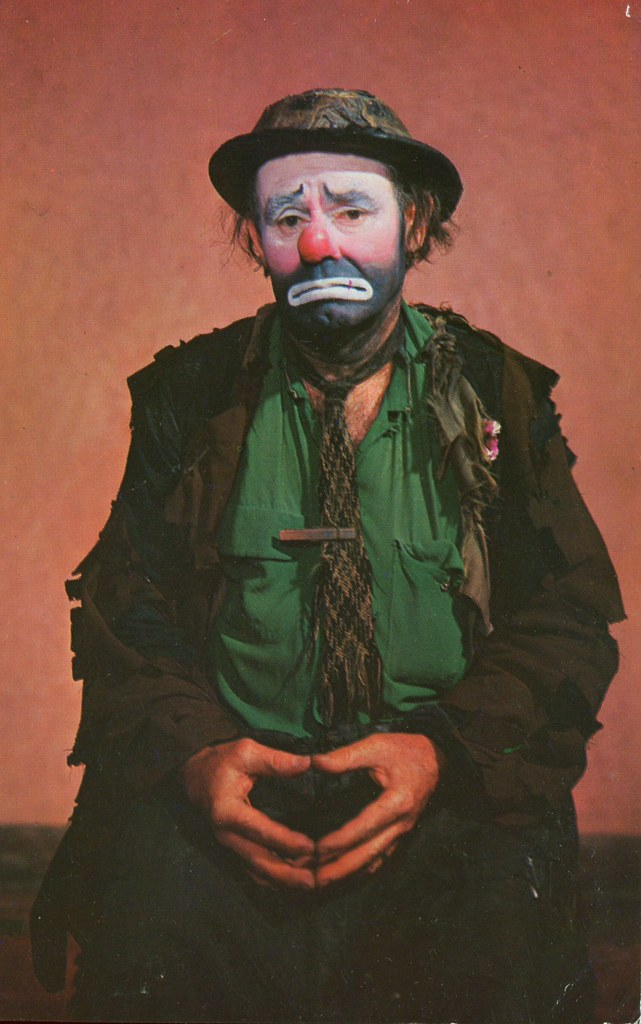The circus clown, at times, will wear big shoes to give him a funny walk. Clowns are supposed to make you laugh but what exactly is a clown? The etymology of a clown is varied but the basic definition is that of a poor farmer, In the American circus it could be a hobo or tramp, and when performing, people are laughing at the ignorance and stupidity of the clown (don't believe me? when you are on social media start replying to everything your friends write with the clown emoji, trust me your circle of friends will drop).
Many of us have heard the Axiom: " walk in other people's shoes..." this is said to create some sort of empathy among those who are passing through certain difficulties in life. Some shoes are actually "hand-me-downs" the eldest in a family gets the shoes and once they don't fit, the next child in line gets them. It may even come from a family member like a cousin. The poor may even get their shoes from a thrift shop or a second-hand shop. In the case of family, some shoes just don't fit, or due to a gait imbalance, the bottom of the soles would waste in a way that while the shoe may fit, it may cause difficulty in walking, when it is handed down to the next one in line. One may end up walking like... A clown. Some will notice it and may laugh, others well...
Why two paragraphs on shoes and clowns?
A clown would know.

Comments
Post a Comment